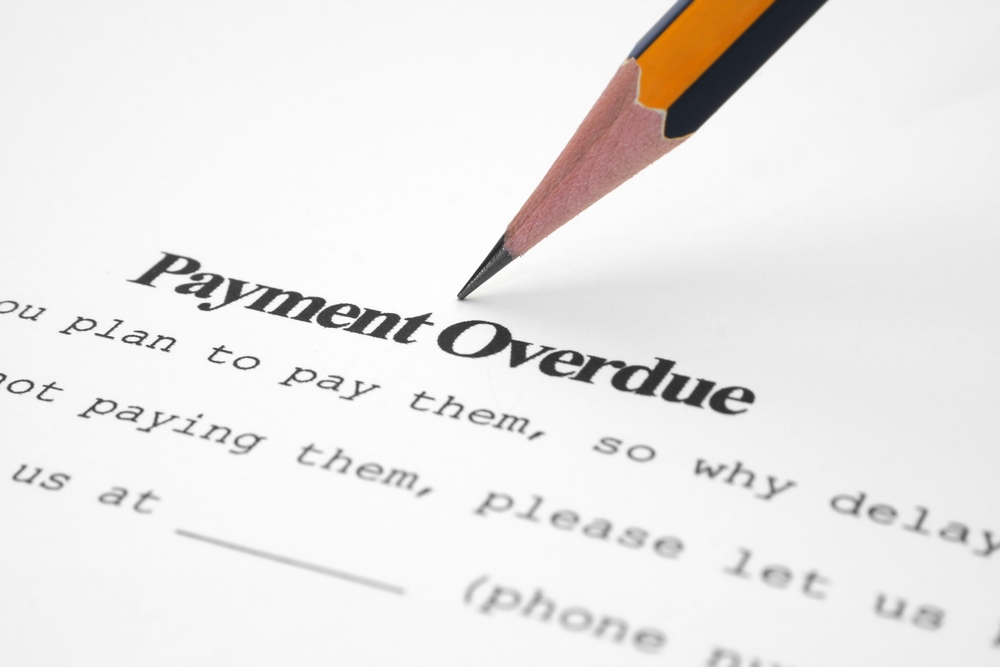There’s nothing worse than having somebody owe you a large chunk of money. Whether it is a family member, friend, former friend, or a customer, outstanding debts can take a toll. When any of these parties are unresponsive to your payment demands, hiring a collection agency is the only sensible solution. Despite their common goal, efficient collections agencies vary their collection approach based on the type of client. Read on to learn about the difference between collecting from individuals and companies.
If someone owes you money, get a Quick Collection QuoteToday!
By clicking “submit”, I consent to join the list and receive SMS from ECC Holdings, Inc, with access to our latest offers and services. Message and data rates may apply. Message frequency varies. More details on this are in our Privacy Policy and Terms and Conditions . Text “HELP” for help or contact us at +1(631)-251-7500. Text “STOP” to cancel.
1. The Fair Debt Collections Practices Act
The federal government has extensive legislation protecting individual rights in the event of an unpaid debt. This prevents a collection agency from using tactics that some may consider abusive or deceptive. For example, collection agencies are not allowed to contact family members in an attempt to collect debt. They are also not able to make contact at inconvenient times, so as to catch the debtor off-guard. These restrictions do not, however, apply to a collections agency pursuing a commercial debt collection. Debt collectors who are working on behalf of a small business are empowered to use unconventional tactics to reach clients. This can also depend on the structure of the business. This more aggressive approach increases the success rate.

2. Commercial Clients Want to Maintain Business Relationships
By the time that one calls a collections agency for a personal matter, the relationship is generally ruined. Most individuals are more concerned with collecting the money they are due, rather than maintaining friendships. This is not always the case for commercial clients. Even if you decided that your business needs a collection agency, there may be hope to salvage this business relationship. A lack of funding (or desire to pay) could change in the future. If the customer enjoys more financial success, they may have more funds to pay these debts promptly in the future. Or, new leadership may make prompt payments a priority. Either way, collections agencies understand the nuance and respect required for commercial collections. If your business wants to keep that door open in the future, collections agencies can respect that.
3. Credit Approval
Business to business transactions carry with them an altogether different set of risks. While this assumption could end up being wrong, most people who grant personal loans can gauge whether or not they will be paid back. Businesses, on the other hand, do not have the same advantage. For people who excel in deceptive business practices, it’s easy to give another small business the impression that they are running a legitimate operations. In doing so, they can reap the benefits of your product or services, and refuse to pay. Your first payment demands will be unsuccessful. When you call a collections agency, it will be too late. Without a credit card, they are not beholden by any bank to issue a payment to you. In essence, there is no way to solve this issue. So, looking at a business’s credit score can lend insight into their ability (and intention) to settle debts.

4. Bankruptcy Laws
When they are unable to pay off outstanding debts, businesses and people alike often resort to declaring bankruptcy. As a collections agency, knowing about the intricacies of these laws is critical. Bankruptcy policies for businesses and individuals are not the same, and there are two paths for each entity. Individuals may pursue Chapter 7 or 13 bankruptcy.
Chapter 7 is for individuals who have accumulated extensive debt, and will not reasonably be able to repay it.
Chapter 13, on the other hand, is for individuals who have income, but need time to repay it.
Businesses can also pursue Chapter 7 bankruptcy, but will effectively dismantle their organization in the process. Chapter 11 bankruptcy offers them the opportunity to restructure, or liquidate assets, in order to pay off these debts over time.
Collections agencies with talented and experienced debt collectors can navigate these laws. In doing so, they can help you to recover even debt that people have declared bankruptcy to eliminate.
If someone owes you money, get a Quick Collection QuoteToday!
By clicking “submit”, I consent to join the list and receive SMS from ECC Holdings, Inc, with access to our latest offers and services. Message and data rates may apply. Message frequency varies. More details on this are in our Privacy Policy and Terms and Conditions . Text “HELP” for help or contact us at +1(631)-251-7500. Text “STOP” to cancel.
Your Solution
You should never forgo payment from a customer or acquaintance. If somebody refuses to make a payment, our national collection agency will ensure you receive the money you are due. Whether it is a personal or commercial payment, our team will take the steps necessary to make the debtor deliver. Contact us below for a free, instant quote today.
By clicking “submit”, I consent to join the list and receive SMS from ECC Holdings, Inc, with access to our latest offers and services. Message and data rates may apply. Message frequency varies. More details on this are in our Privacy Policy and Terms and Conditions . Text “HELP” for help or contact us at +1(631)-251-7500. Text “STOP” to cancel.


